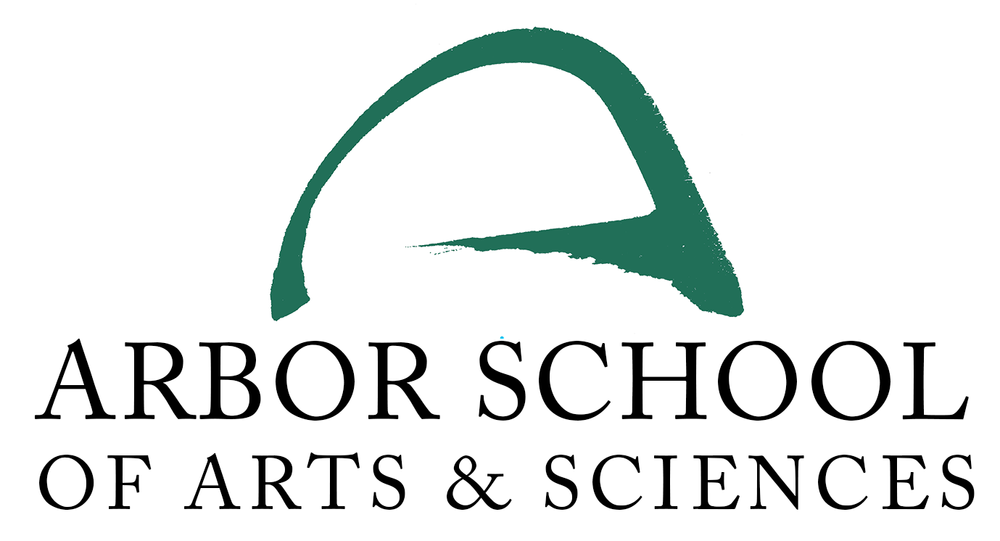Mathematics
“Math is like childhood diseases; the earlier you have them, the better.”
Habits and Attitudes
The major content and skills we impart in mathematics education at each level of the school are described in the "Curriculum" section. But in math, as in other disciplines, what we teach will persist by way of habits and attitudes, not by discrete knowledge. Our children may not remember the quadratic formula later in life, but we want every student to have experienced the intellectual challenge and joy of bringing all her math understanding to bear on a difficult problem in order to win through to an answer or new question. We hope to build in all of our students a disposition to apply the tools of mathematics to make sense of the world and to accomplish myriad tasks in work and daily life. We seek to inculcate the following habits and attitudes in mathematics across the grades:
posing questions to satisfy curiosity
approaching math playfully and joyfully, with an open mind and willingness to experiment
participating in a community of mathematicians who work together to refine and advance one another’s thinking
working effortfully and purposefully in difficult or novel situations
becoming increasingly independent by building stamina and a cache of math tools
being persistent in solving problems
organizing and communicating ideas and reasoning clearly
developing multiple strategies to approach a new problem and providing evidence of the work process
willingness to explore open-ended problems
interpreting problems with care, using the tools of an active reader
being precise in computation and strategic in estimation
assessing the accuracy of answers by first judging whether they are reasonable
aiming toward efficiency rooted in thorough understanding
reasoning inductively and deductively
writing cogently to solidify understanding
willingness to try again after failures
seeking to understand and implement personal best learning practices
seeking appropriate advice and assistance
acting as a teacher as well as a learner
